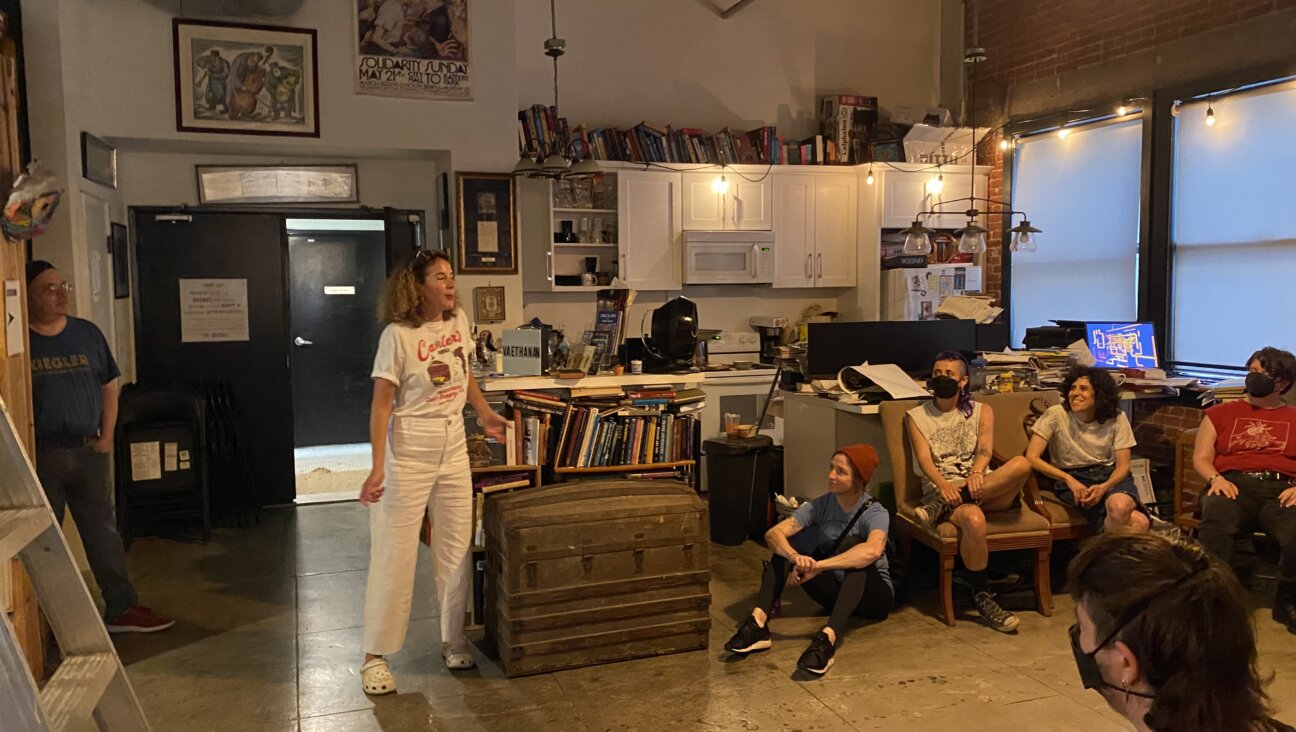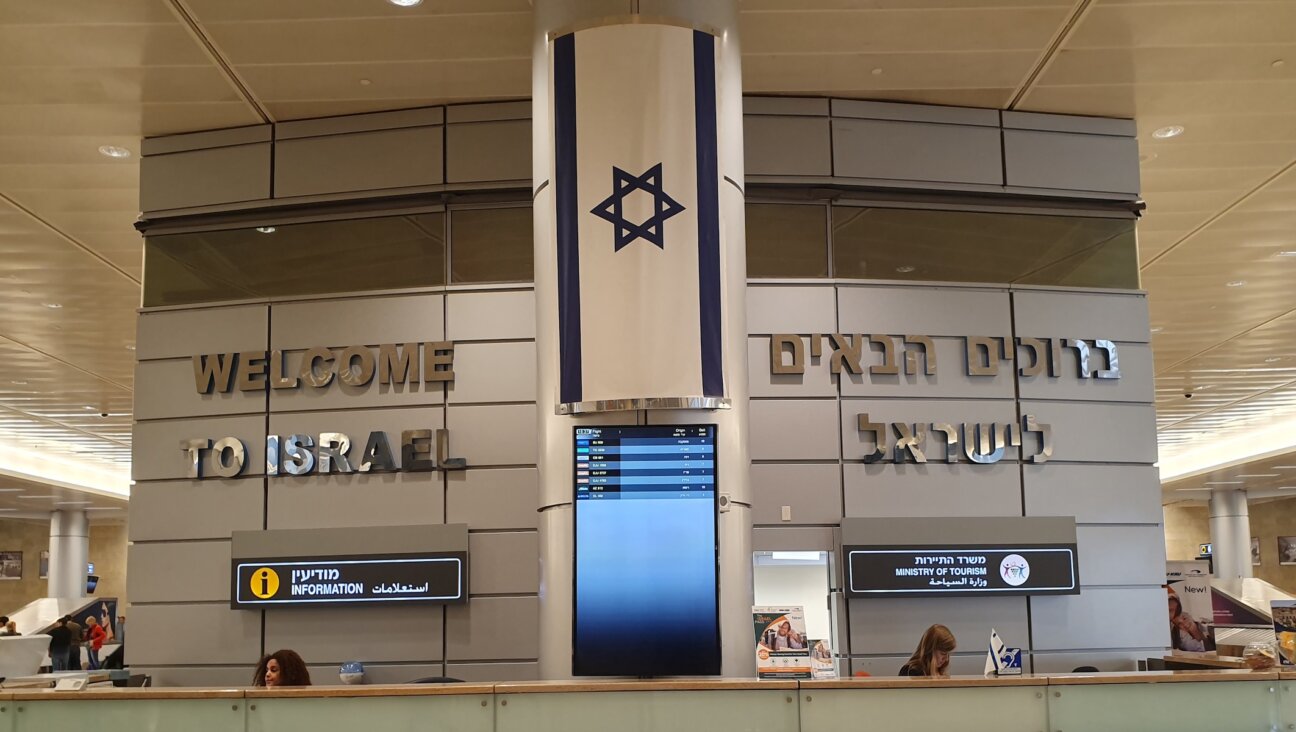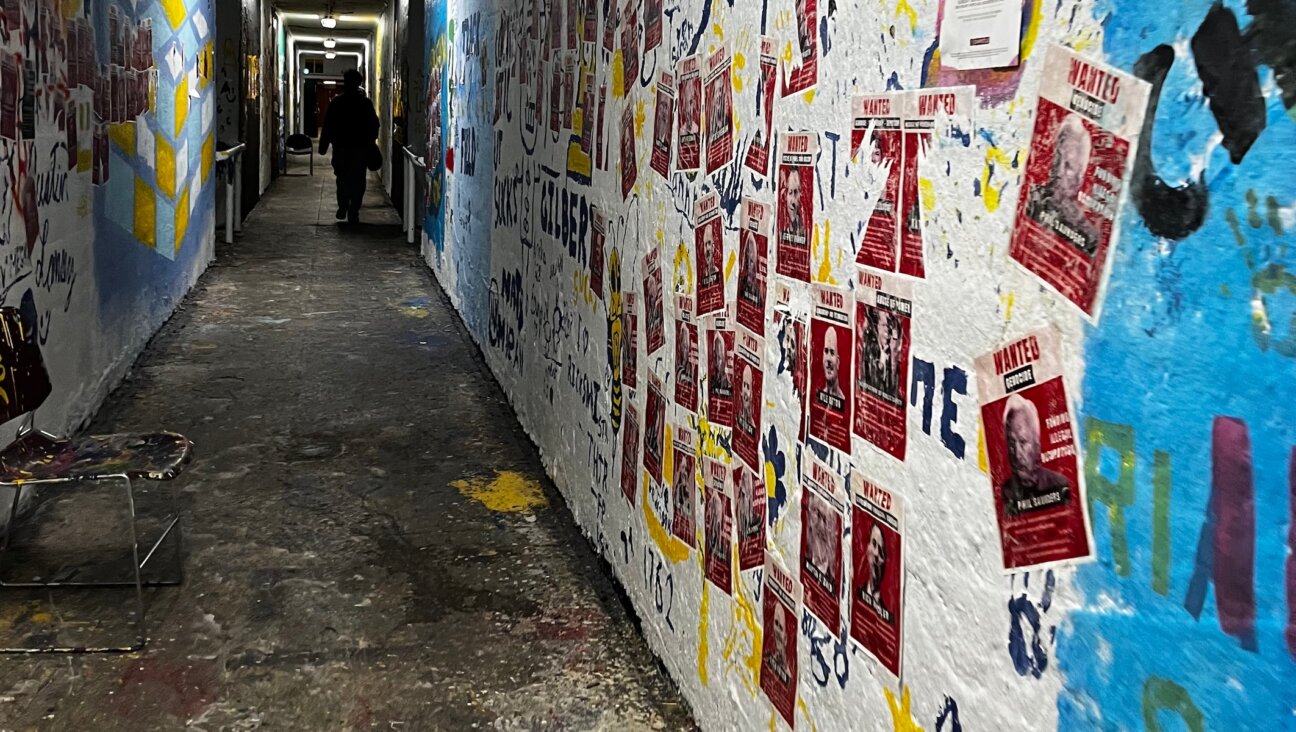John Kerry Extends Mideast Diplomatic Push

Image by getty images
Secretary of State John Kerry extended his Middle East peace mission on Saturday, shuttling between Jerusalem and Amman for more talks with Palestinians and Israelis on reviving their stalled negotiations.
Cancelling a scheduled trip to Abu Dhabi, Kerry flew from Jerusalem to the Jordanian capital Amman for yet another meeting with Palestinian President Mahmoud Abbas. He was then due to meet Israeli officials back in Jerusalem later on Saturday.
“Because Secretary Kerry’s meetings on the peace process remain ongoing in Jerusalem and Amman, we will no longer be able to make a stop in Abu Dhabi,” State Department deputy spokesperson Marie Harf said, adding that Kerry had apologised to the United Arab Emirates for his change in plans.
An Israeli official involved in the talks said Kerry’s visit could yield an announcement that Israeli and Palestinian delegates would meet under U.S. and Jordanian auspices.
“There is such a possibility, but it is not certain,” the official told Reuters. A U.S. official declined to comment.
Direct Israeli-Palestinian negotiations broke down in late 2010 in a dispute over Israel’s settlements in the occupied West Bank and East Jerusalem, territories that Palestinians want within a future independent state.
Palestinian negotiator Saeb Erekat greeted Kerry on Saturday at Abbas’s residence in Amman before the president joined them. Abbas and Kerry had met in Amman less than 24 hours earlier.
Erekat asked how Kerry’s meetings with Israeli Prime Minister Benjamin Netanyahu and President Shimon Peres on Friday went. Kerry responded: “It was good, it was interesting.”
SENSE OF URGENCY
It was unclear whether Kerry would be able to announce a resumption of talks before his scheduled departure for Asia on Sunday, but U.S. officials have compared his shuttle diplomacy to Henry Kissinger’s Middle East peace efforts in the 1970s.
Kerry saw Netanyahu for several hours on Thursday as well as on Friday and had a Jewish Sabbath dinner with Peres. Israeli officials gave no details on those meetings and the Palestinian side was similarly reticent about Abbas’s talks with Kerry.
Kerry – now on his fifth peace-brokering visit – has said he would not have returned to the region so soon if he did not believe he could make progress. He has been guarded about his plans to break the stalemate while warning time is running out.
He is keen to clinch a deal to resume talks before the United Nations General Assembly, which has already granted de facto recognition to a Palestinian state, convenes in September.
Netanyahu is concerned that the Palestinians, in the absence of direct peace talks, could use the U.N. session as a springboard for further statehood moves circumventing Israel.
With the Middle East engulfed in turmoil from protests in Egypt to the Syrian conflict, which is spilling into neighbouring countries, Kerry has said it is time for “hard decisions” by Israel and the Palestinians.
“It is urgent because time is the enemy of a peace process,” he said in Kuwait last week. “The passage of time allows a vacuum to be filled by people who don’t want things to happen.”
State Department officials believe the sides will return to negotiations once there is an agreement on confidence-building measures – such as a partial Israeli amnesty for Palestinian security prisoners – and a formula for fresh talks.
As an incentive for talks, Kerry is also working on a $4 billion economic plan led by ex-British prime minister Tony Blair, which would channel new investments in Palestinian areas via the private sector to boost jobs and economic growth
A message from our CEO & publisher Rachel Fishman Feddersen

I hope you appreciated this article. Before you go, I’d like to ask you to please support the Forward’s award-winning, nonprofit journalism during this critical time.
At a time when other newsrooms are closing or cutting back, the Forward has removed its paywall and invested additional resources to report on the ground from Israel and around the U.S. on the impact of the war, rising antisemitism and polarized discourse.
Readers like you make it all possible. Support our work by becoming a Forward Member and connect with our journalism and your community.
— Rachel Fishman Feddersen, Publisher and CEO























